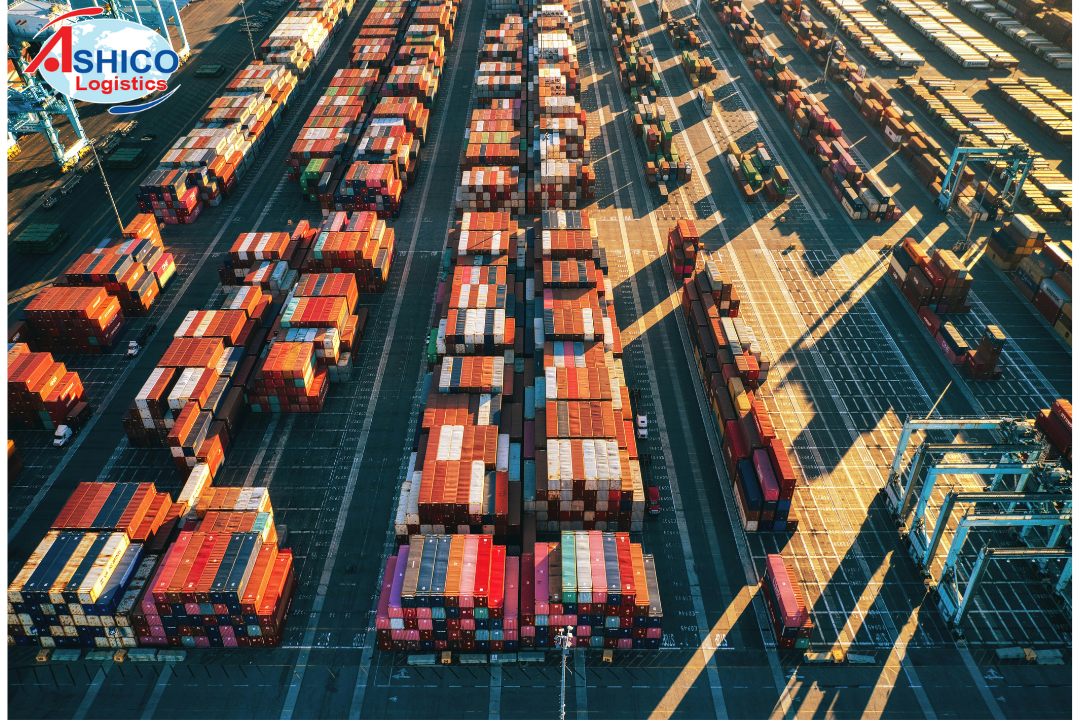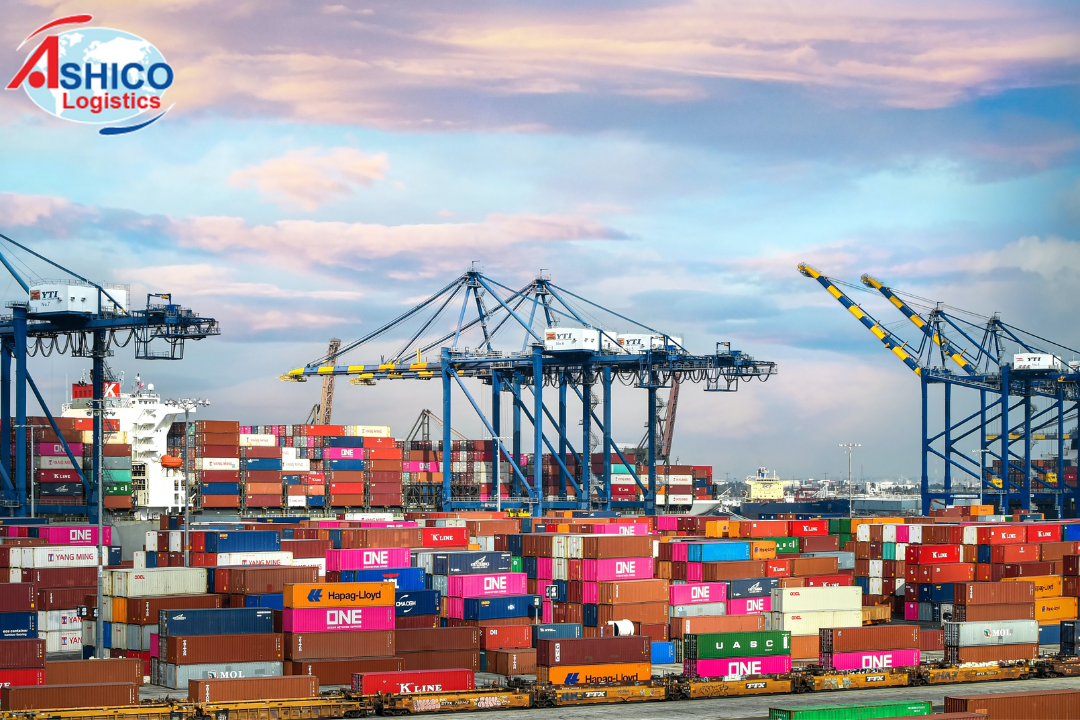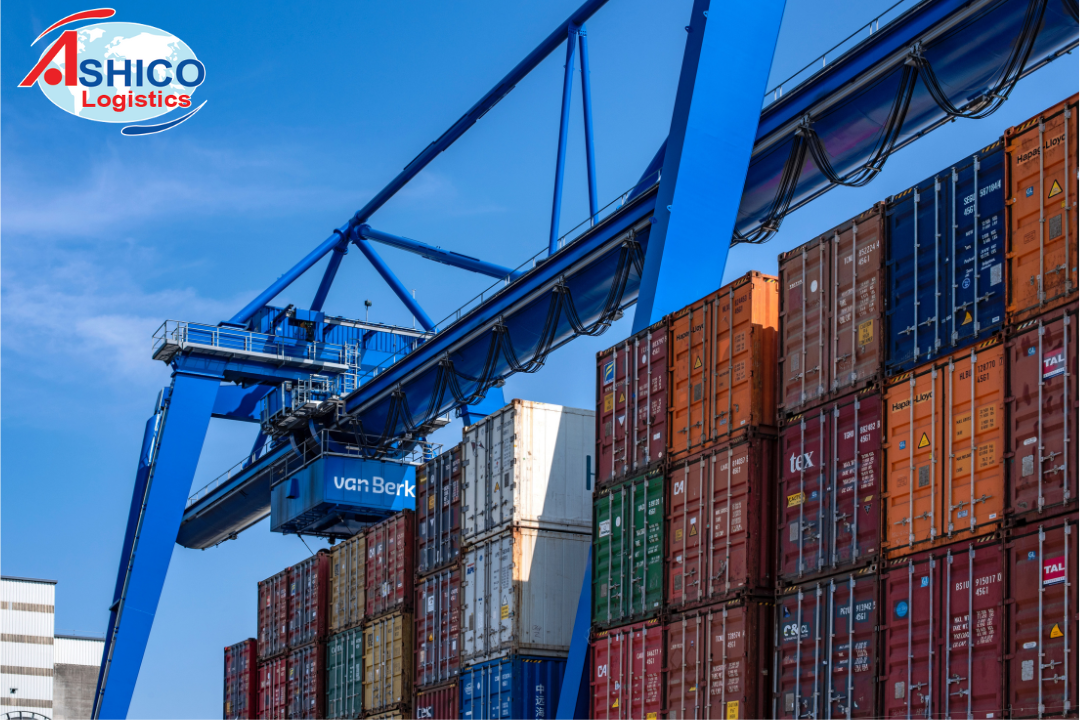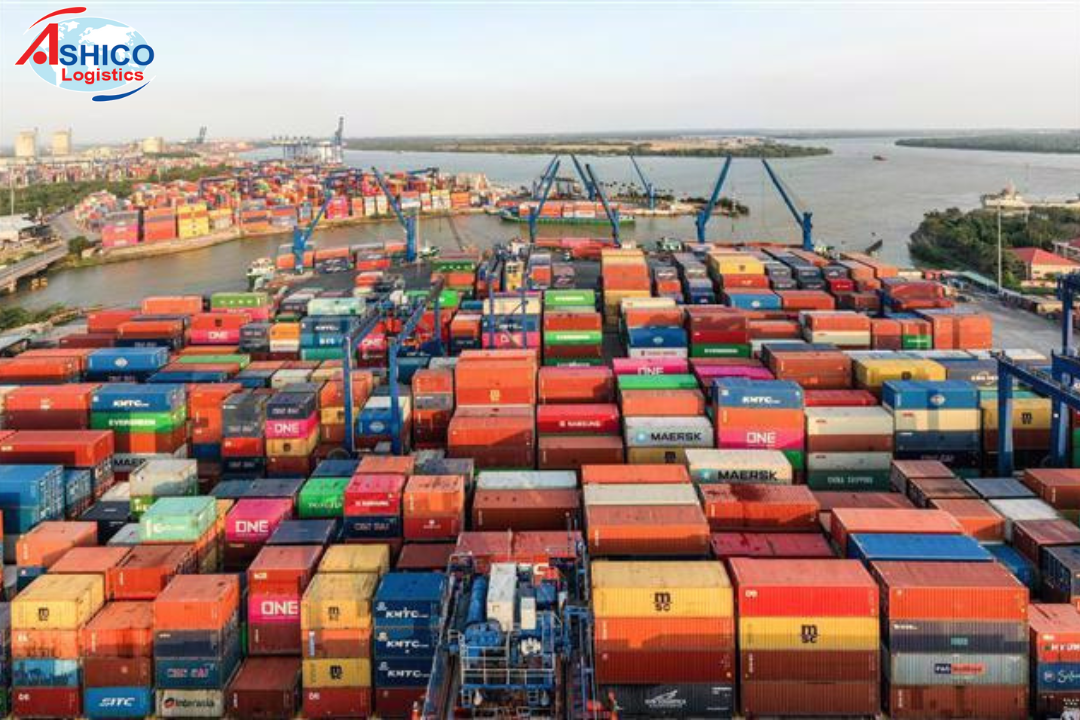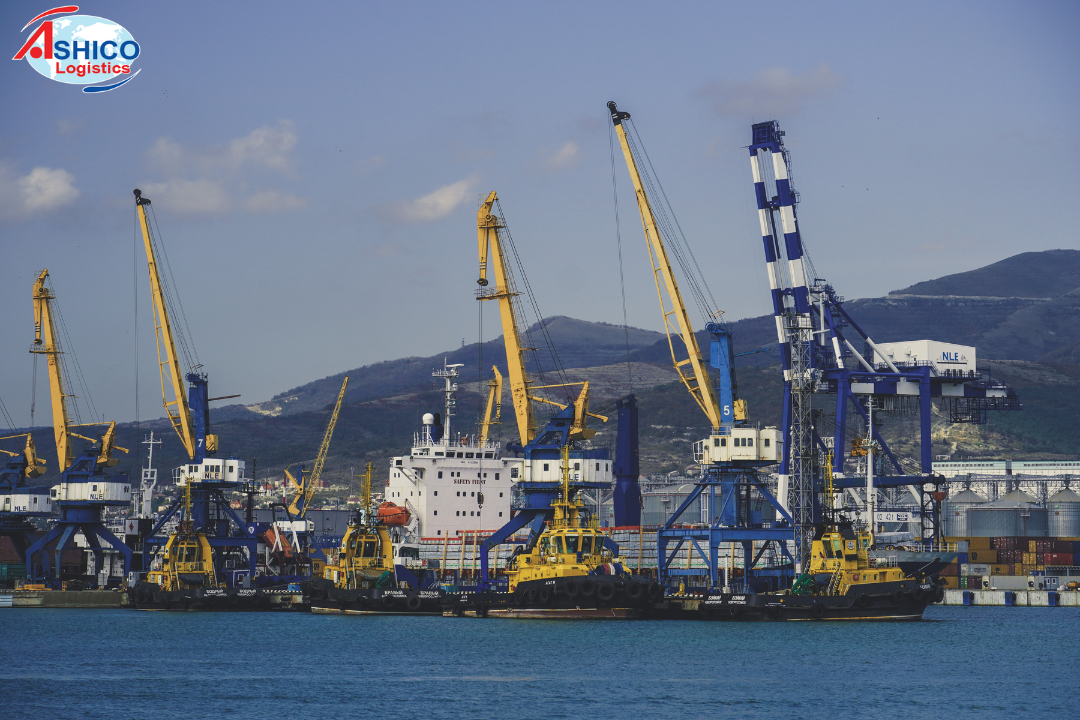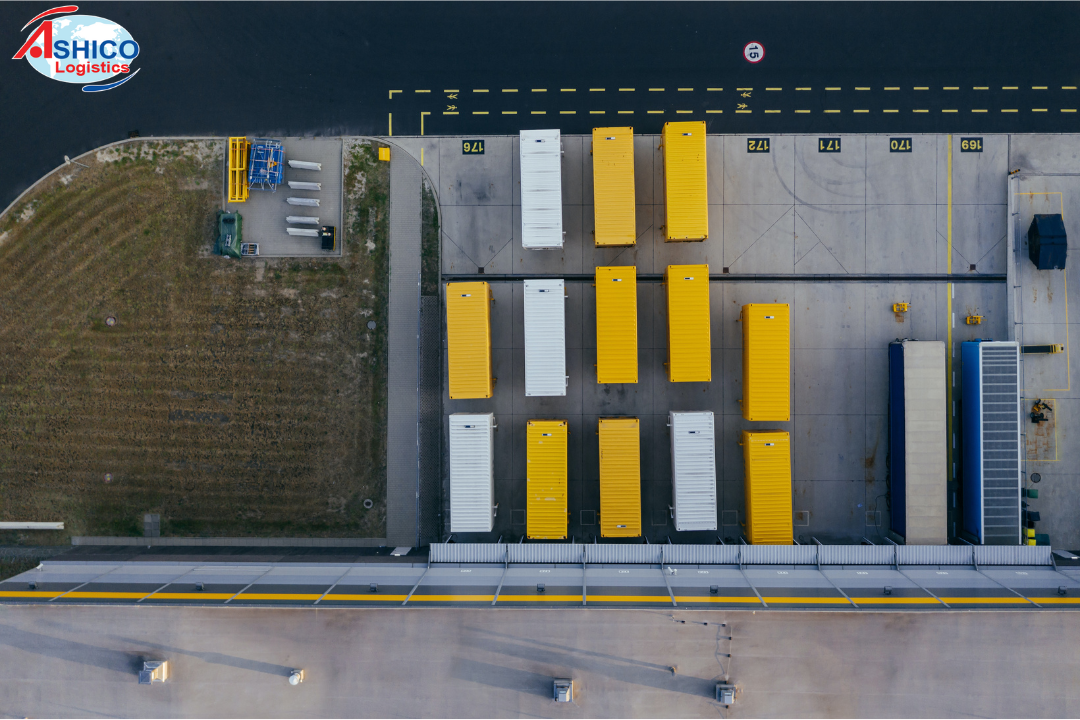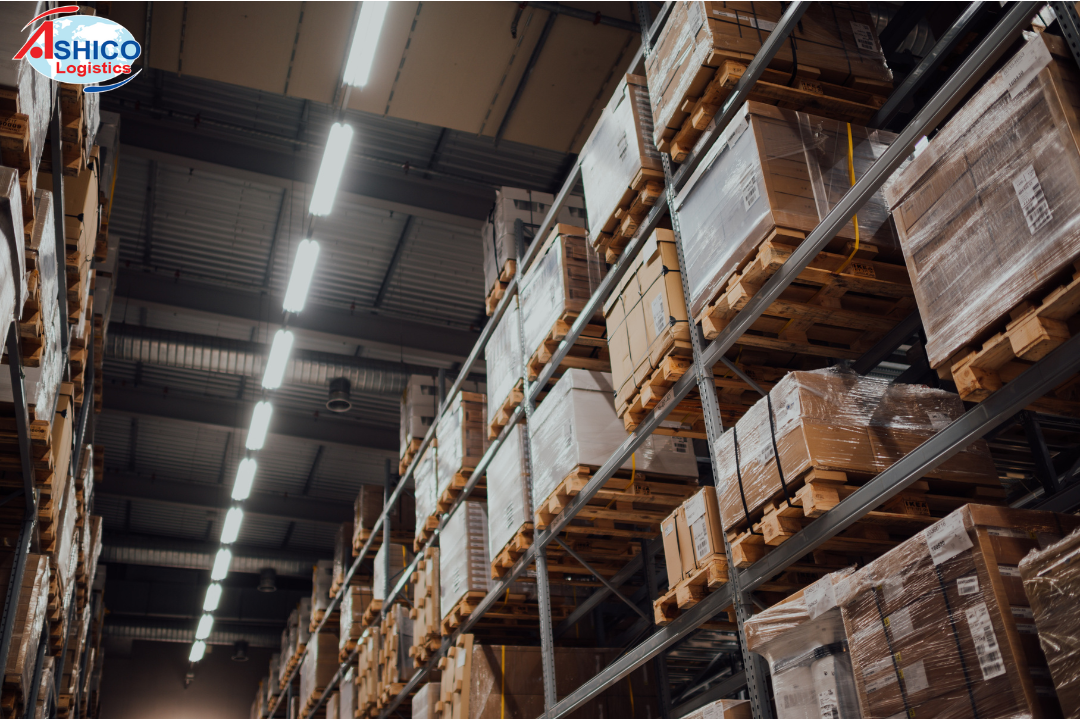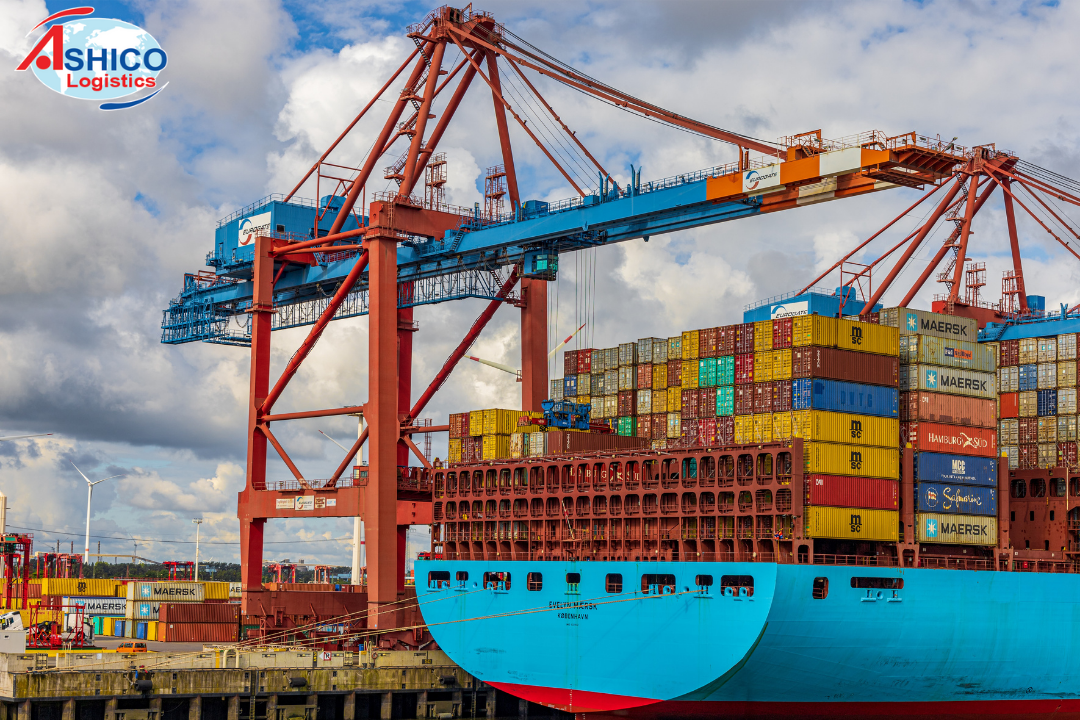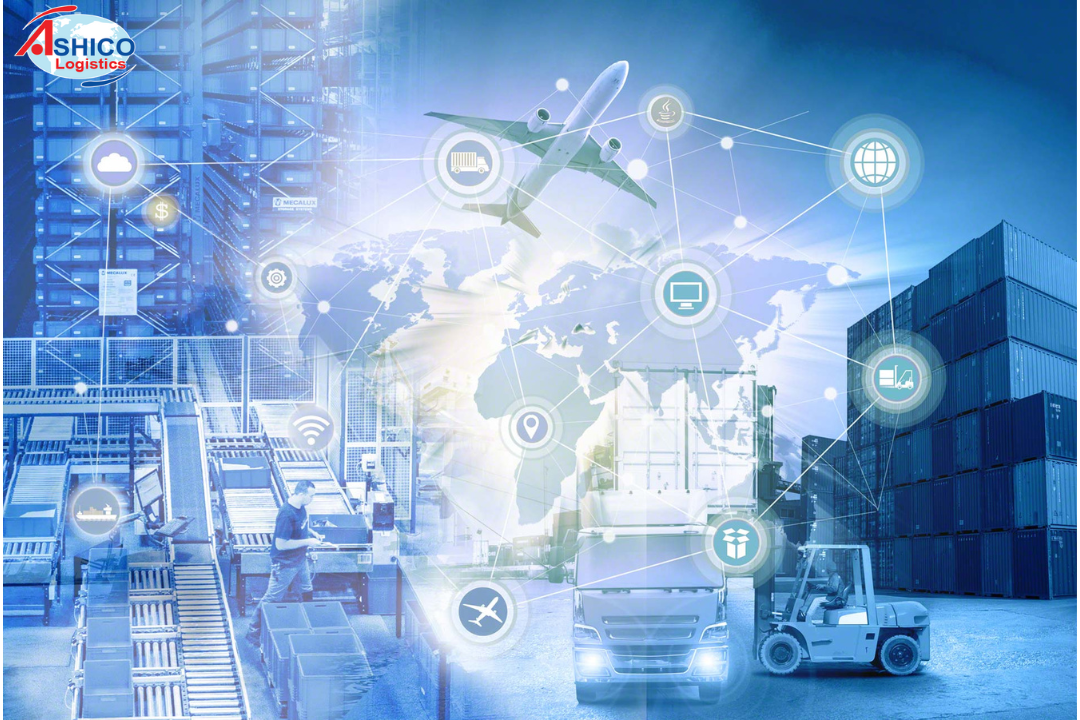
How does Logistics 5.0 change lives?
Forbes forecasts that when Logistics 5.0 is popular, the health and qualifications of employees are the company's vital concern.
The Covid-19 pandemic has had many impacts on supply chains including the manufacturing and logistics sectors. However, this is also an opportunity to promote the shift of the industry based on the factors of resilience, competitiveness and sustainability.
Solving challenges during the pandemic such as container shortages, social distancing... makes businesses learn many lessons. Efficient handling of supply chain disruptions has created a technological transformation known as Logistics 4.0. In this period, the manufacturing and logistics industry is promoting the integration of its ecosystem with advanced technologies, such as the use of the Internet of Things (IoT), artificial intelligence (AI), human machine, language processing and lean manufacturing in supply chain management.
However, as the pandemic has had more positive changes, activities in the supply chain need to transform towards sustainability and digitalisation. To meet both of these needs, Logistics 5.0 is considered by experts as a "forced revolution".
.png)
The core of Logistics 4.0 includes technologies and their incorporation into the logistics sector.
Logistics 4.0 uses information to complement and improve supply chain management activities and processes. Blockchain, cloud computing and other technologies help secure data exchange and keep the logistics sector conveniently decentralized.
At the same time, smart devices such as warehouse management systems, robotic transport and containers also act as pillars in the automated supply chain. Data readers, smart shelves and self-driving cars also help simplify human workflows.
In addition, businesses will use shipments, supplies and orders that are prepared and packaged depending on sales forecasts aggregated by Big data and machine learning. .
The application of GPS technology helps to track the exact location of goods in real time, thereby reducing the risk of loss, allowing optimization of routes and enhanced control of goods.
RFID tags (Radio Frequency Identification tags) are accessible via tablets and mobile phones, helping operators to interact and track their goods at any time.
All of these technologies when integrated will help drive performance, increase flexibility, transparency, quality and responsiveness of the entire supply chain. A physical network is created in the supply chain by connecting the operation of these technologies.
Digitization of Logistics 4.0 allows companies to keep pace with changes in customer needs through rapid, accurate innovation and efficiency improvement.
However, while Logistics 4.0 separates the activities and jobs of machines from humans, experts are giving the idea of the Fifth Industrial Revolution (Industrial Revolution 5.0) or Logistics 5.0 - with ambition will reconcile man and machine.
While Logistics 4.0 identifies automation that will enhance job performance, Logistics 5.0 explores the idea of potential benefits by combining human and machine workforces.
Logistics 5.0 is considered as the proposed solution for the Industrial Revolution 5.0 model. Similar to Industrial Revolution 5.0, Logistics 5.0 also focuses on knowledge and sustainability. This is a transition that focuses on workers and minimizes the impact on the environment.
In Logistics 5.0, employees are seen as an investment in the long term. Their health and qualifications are of vital concern to the company.
Technology will need to be replaced, supplemented and adjusted to the needs and requirements of workers. This is to ensure that the company benefits by attracting high-quality talent to work and maintain their services over the long term.
These clearly show that the Logistics 5.0 model is more concerned with improving and enhancing the ecological and social benefits than Logistics 4.0, which is mainly dependent on technology. From there, this development will pave the way for a better and more sustainable logistics industry in the future.
Phi Hung (Source: Forbes)

